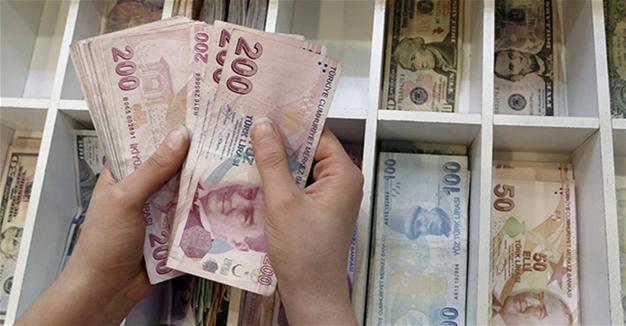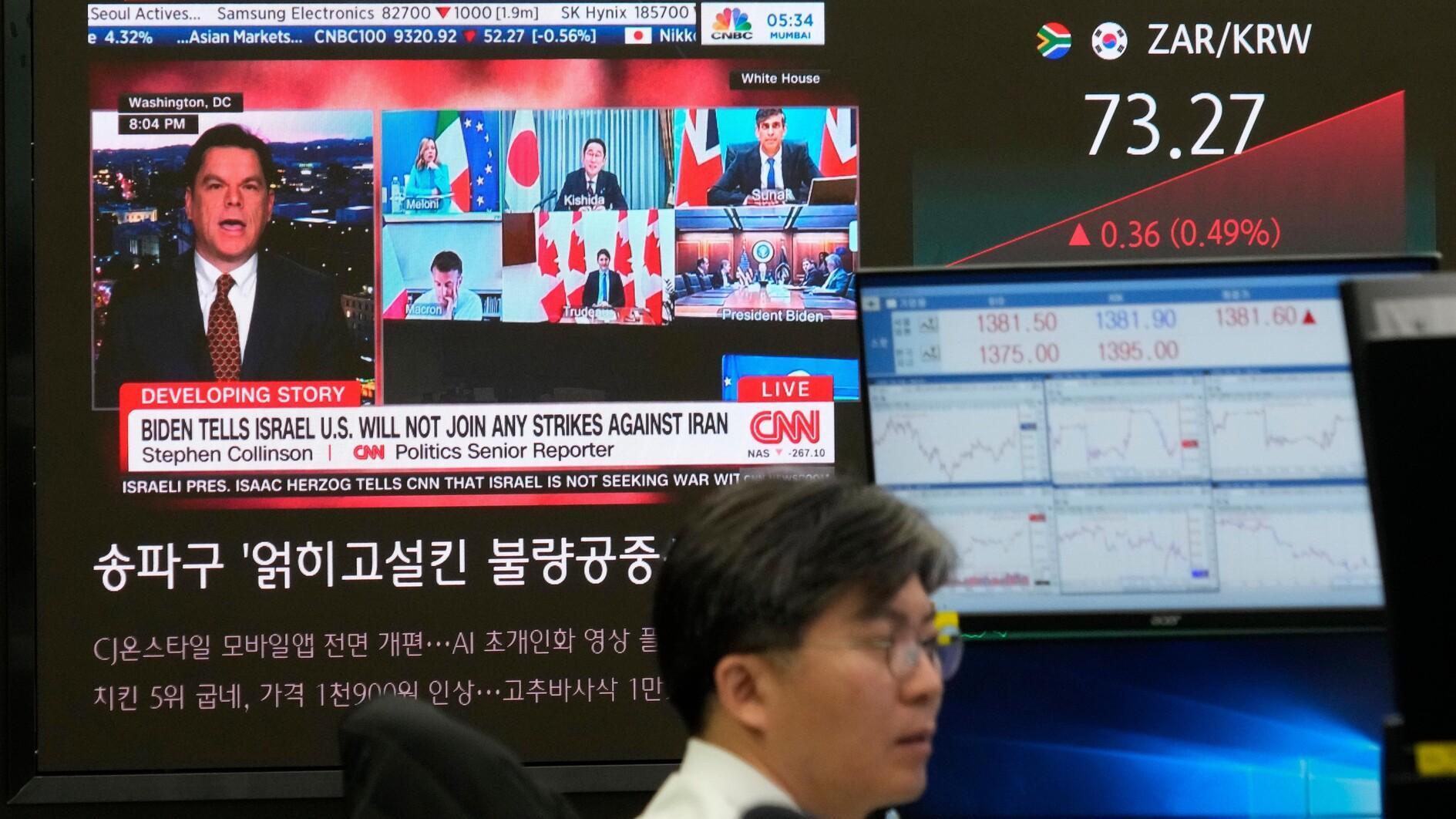Turkish Lira tumbles to new record low against dollar
ANKARA

REUTERS photo
Turkey’s currency weakened to a record low against both the U.S. dollar and euro on Jan. 9 as expectations of faster tightening by the U.S. Federal Reserve added to domestic economic and political pressures.The lira was down more than 2 percent to 3.73 to the dollar after the data showed U.S. wages rose in December 2016, prompting U.S. rate hike expectations.
Turkey’s currency also slid to 3.93 against the euro on Jan. 9 under the shadow of various political and economic uncertainties, including discussions on contentious constitutional changes.
“The lira has always been one of the most exposed emerging market currencies to any sign that monetary policy in the U.S. will tighten because of its large external financing requirement,” said William Jackson, senior emerging markets economist at Capital Economics, as quoted by Reuters.
“[Turkish] domestic policy-making is playing a role, too, as it seems the Central Bank is responding to political pressure not to raise interest rates, so it is likely to be behind the curve in reacting to pressure in the currency,” he added.
The lira lost 3.2 percent last week, pounded by higher-than-expected inflation and security fears after a series of terror attacks. The economy has remained sluggish, with a smaller-than-expected rise in industrial production in November; while Moody’s has warned that bank profits will be hit by increased non-performing loans.
“Amid the escalating political and economic uncertainties, the lira started the week with the loss in value. The currency was already under big pressure since last week, mainly due to some reports claiming that Fitch could cut the country’s credit rating in its assessment on Jan. 27. The U.S. job data, which was revealed on Jan. 6, also pushed up the dollar against the emerging currencies, especially the lira,” said XTB Menkul Değerler Research Director Arzu Toktay.
“For today’s steep loss in the lira’s value, we can mention some domestic political uncertainties’ role. The constitutional change talks are slated to start at the parliament today on the road to a change to the presidential system. The talks are expected to last in two weeks, and this process may increase pressure over the lira and the lira-denominated assets,” she added, as quoted by daily Hürriyet.
The stronger dollar and expectations of faster Fed tightening also created headwinds for other vulnerable emerging market currencies and contributed to more subdued investor appetite for riskier assets, with the benchmark emerging stocks index down 0.4 percent.
The dollar gained broadly against major currencies after the U.S. non-farm payrolls report on Jan. 6 showed a slowing in hiring in December 2016 but an increase in wages, setting the economy up for further interest rate increases from the Federal Reserve this year.
Figures from October and November 2016 were revised to show 19,000 more jobs added than previously reported. The U.S. economy created 2.16 million jobs in 2016 with the year-on-year increase in average hourly earnings rising to 2.9 percent.
















